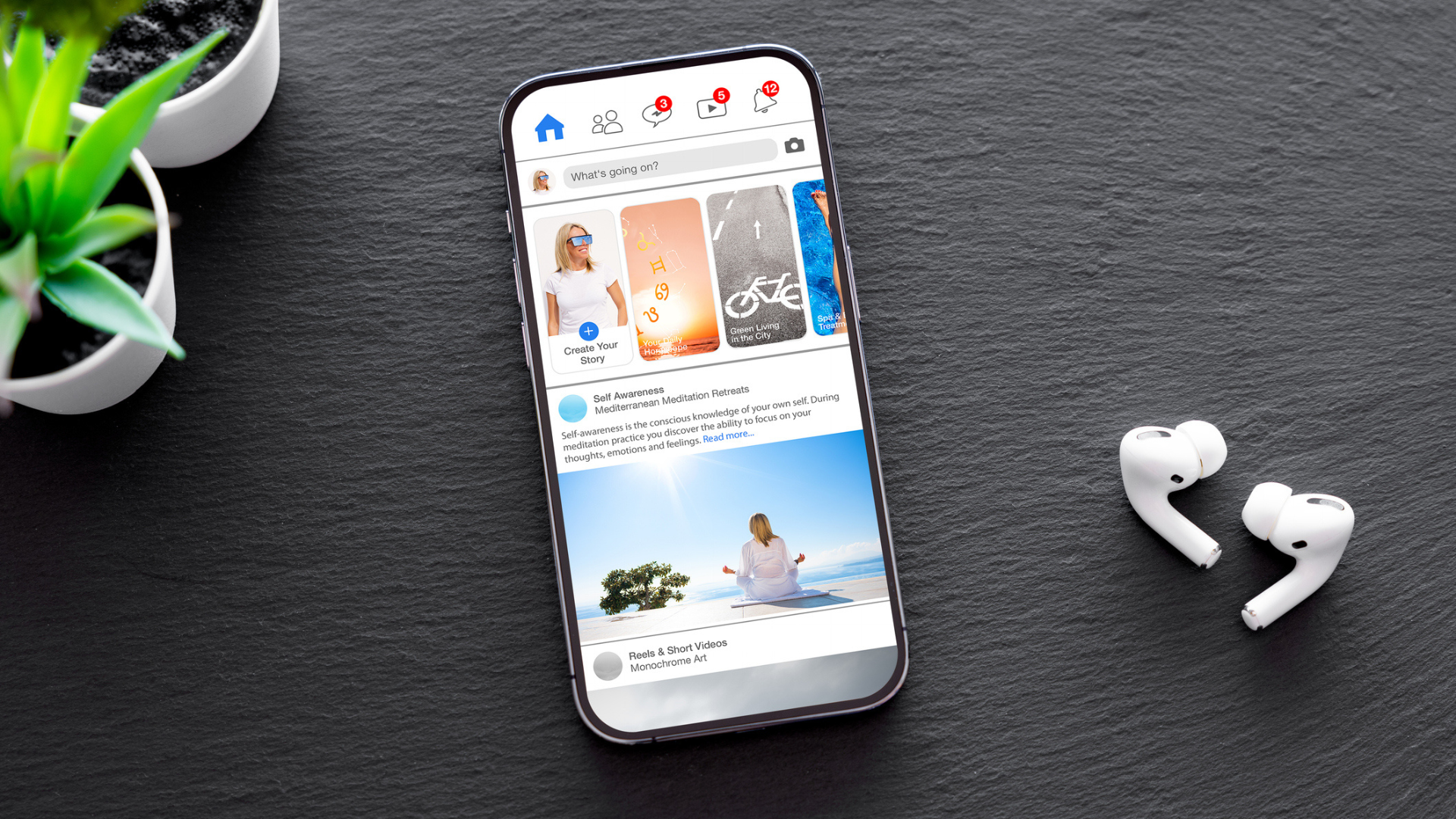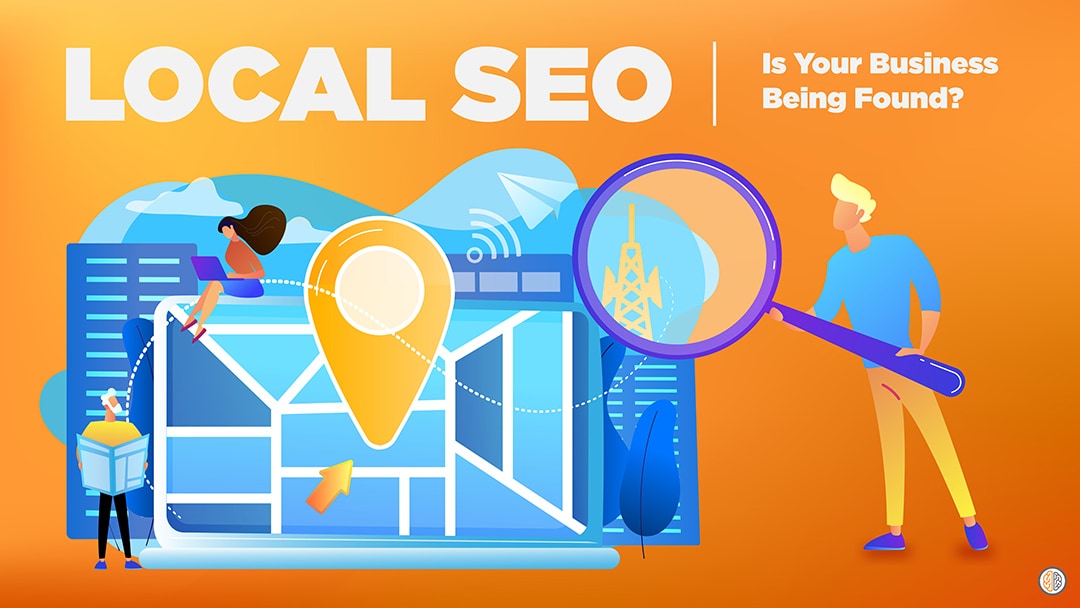PPC (which stands for Pay Per Click) is a form of advertising that allows you to pay a fee to display your website on the Search Engine Result Page (SERP) when someone types in specific keywords or phrases.
It’s a bit like turning a ‘traffic hose’ on, but it’s also a way to spend a lot of money if not done right.
At SOULO, we utilize a proven approach to PPC that respects your budget and drives the kind of leads you want and need.
In this article, we’ll focus on the most well-known PPC model, Google Ads.
There are three components to getting your Google Ads set up so they’re sending consistent traffic to your website.
#1: KEYWORD RESEARCH
Have you ever heard the phrase “garbage in, garbage out”? That’s a pretty apt analogy for keyword research. Without the right keywords (and phrases), you won’t attract the visitors you want.
Keywords/phrases are the building blocks of any paid search campaign, so it’s important to take time to curate a list that is closely related to the product or services you provide. You can use tools like SEM Rush, Moz Keyword Explorer, or Google Keyword planner to help compile your list. Things to look for are words with high click rates, effective cost per click, and high conversion rates.
Keep in mind your initial list will be a jumping off point. The longer your campaign runs, the more insight you gain, which allows you to make changes to get the best results over time.
#2: AD GROUPS
Many businesses have multiple lines of service or products—or multiple target audiences—and the list of keywords/phrases may cover a disparate range. This is where ad groups come in. These groups are created to house keywords, landing pages, and text ads that are relevant to one aspect of the business. The ads within these groups must have a consistent message, to ensure the copy aligns with the user’s search intent. For example, a home remodeling company may have keywords/phrases around different areas in a home, such as kitchen, bathroom, sunroom, etc.
#3: AD AUCTIONING
When Google is deciding which ads will appear on the search results, it uses ad auctions. This is how Google determines which of the relevant ads to display. It’s not just about the highest bid; Google also considers factors such as ad quality to determine whether an ad will provide a searcher with a positive experience.
There are four main factors that determine whether an ad will be displayed, and what its position will be.
- Bid: This is the maximum price you’re willing to pay for a click. Bids are flexible and you can change them at any time.
- Ad Quality: Google evaluates the quality of your ad based on its relevance and usefulness to searchers. If you have a higher quality score, you may be rewarded with a lower cost per click and/or a better position in the search ranking.
- Impact of Ad Extensions: Having additional extensions on your ad can increase your click-through rate and ad rank. These extensions can include your address, contact number, app, and promotions.
- Quality Score: This is Google's rating of the relevancy and quality of your ad copy and landing page. This is dependent on your click-through rate, ad relevance, landing page experience and your historical Google Ads performance. Essentially, Google wants to know if your ad will provide its users with a good experience.
Ready… Set… Now What?
You’ve done the research and set your Google Ads campaign(s) up properly. Now what?
- Be patient. During the first month your ads are running, Google is still learning about what your website has to offer potential users.
- Monitor frequently. Check your Google Ads account every day. Google will tell you if there are any issues with your account or ads. Google will also give you recommendations on how to improve the performance of your ads. (Note: Not all recommendations will be helpful for your business, so read and weigh options before determining whether to apply them.)
- Update and delete keywords as you learn what it takes to stay relevant (which also helps you avoid wasting your ad budget).
- Improve your website continually. If the page you’re linking to isn’t compelling or doesn’t have the information visitors are expecting, they won’t stick around.
- Google’s algorithms are constantly changing, and you may need to update your ads to accommodate those unexpected bumps in the road.
- Pay Per Click campaigns can work amazingly well. However, they’re not a “set it and forget it” tactic. It’s important to monitor your results, use the metrics that give your business the best picture of whether these ads are helping you gain business, and change/adjust your budget accordingly.
SOULO is a full-service marketing and communications agency that helps client partners get the most from their projects through signage, printing, and digital marketing. Ready to get started? Contact us today!






